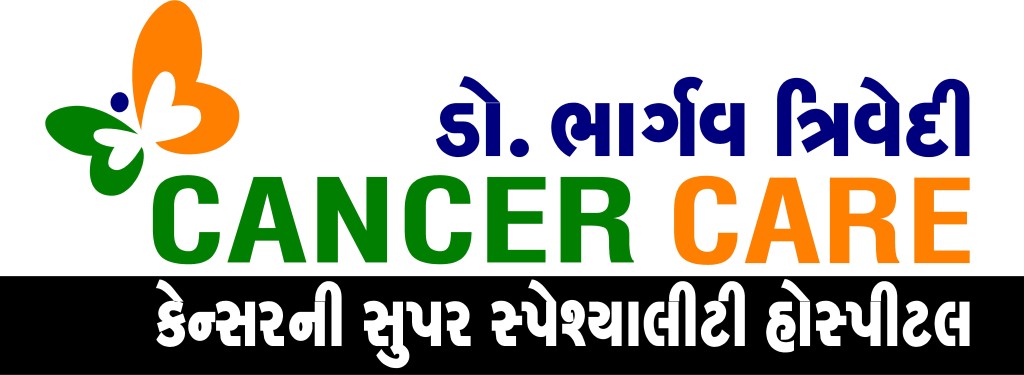Throat cancer occurs when abnormal cells grow and multiply in the throat. It starts behind the nose and leads to the food pipe (esophagus) and the windpipe (trachea).
Types of Throat Cancer
There are different types of throat cancer, including laryngeal cancer, tonsil cancer, and oropharyngeal cancer. Laryngeal cancer affects the larynx, or voice box, while tonsil cancer affects the tonsils at the back of the throat. Oropharyngeal cancer affects the back of the tongue, soft palate, and tonsils.
6 Early Signs of Throat Cancer
In the early stages, symptoms are not noticeable in many cases.
Early Signs include,
- Difficulty in swallowing
- Sore throat
- Changes to your voice
- Pain while swallowing
- A lump in the neck
- Ear pain
Causes and Risk Factors for Throat Cancer
The direct cause of throat cancer is not known, but some factors increase the risk, like,
- Smoking tobacco
- Excessive alcohol consumption
- Certain viruses
- Exposure to some materials (asbestos or acid mists)
- Exposure to HPV (human papillomavirus)
- Poor nutrition and vitamin deficiencies
- Age (> 40 years)
- Family history
Although throat cancer can affect anyone, tobacco and alcohol exponentially increase the risk.
Diagnosis of Throat Cancer
The following tests will help your doctor determine the extent of cancer and the best way to treat it:
- Physical examination – Your doctor will examine your throat and neck and ask about your symptoms
- Endoscopy – Insertion of a thin tube to look for abnormalities in the throat
- Imaging Tests – To look for clear images of the throat
- Positron emission tomography (PET) scan – To look for the spread of cancer
- Biopsy – To obtain tissue samples for microscopic examination
Early diagnosis increases your chance of effective treatment.
Early Detection
Early detection of throat cancer can improve the chances of successful treatment and recovery. It is important to see a doctor if you experience any symptoms of throat cancer, especially if they persist for more than two weeks.
Treatment Options for Throat Cancer
Treatment depends on the stage, location and spread of the cancer. Common treatment options include:
- Surgery: To remove the cancerous tissue
- Radiation therapy: Use of small doses of radiation to destroy cancer cells
- Chemotherapy: Use of drugs to kill the cancer cells, often combined with radiotherapy
- Targeted therapy: These drugs kill the cancer cells and prevent them from multiplying
- Immunotherapy: A new approach that protects your immune system’s response to cancer
Ways of Preventing Throat Cancer
Limiting alcohol consumption and avoiding smoking are two main ways of helping prevent head and neck cancers.
- Quit smoking and tobacco use
- Avoid alcohol consumption
- Consume healthy diet
- Engage in regular physical activity
- Get HPV vaccinations
It is essential to have regular physical and dental check-ups to notice any changes in your throat and neck.
Post-Treatment Recovery Following Throat Cancer
Some people with throat cancer may experience certain complications, like,
- Swallowing difficulties
- Changes in the appearance (neck or face)
- Difficulty in speaking or breathing
- Hardening of the skin around the neck
Therapies will help you to overcome speech and swallowing difficulties.
Does Human Papilloma Virus (HPV) Cause Throat Cancer?
YES! Most adults exposed to HPV can develop throat cancer at some point in their lives.
To protect from HPV, limit your number of sexual partners and have safe sex.
Did You Know? Tobacco, Alcohol, and Throat Cancer Risk
- Smoking and drinking alcohol consumption are major risk factors for throat cancer.
- Using tobacco in any form, exposes your mouth to cancer-causing substances.
- Alcohol also enables the cancer-causing substances (including tobacco), to enter and damage cells.
Conclusion
Throat cancer is a serious condition that can affect the pharynx, larynx, or tonsils. It can cause symptoms such as difficulty swallowing, hoarseness, and throat pain. Early detection is important for successful treatment, which may involve radiation therapy, chemotherapy, and/or surgery. Risk factors for throat cancer include tobacco and alcohol use, human papillomavirus (HPV) infection, and exposure to certain chemicals. It is important to be aware of the symptoms and risk factors and to seek medical attention if any concerns arise.


